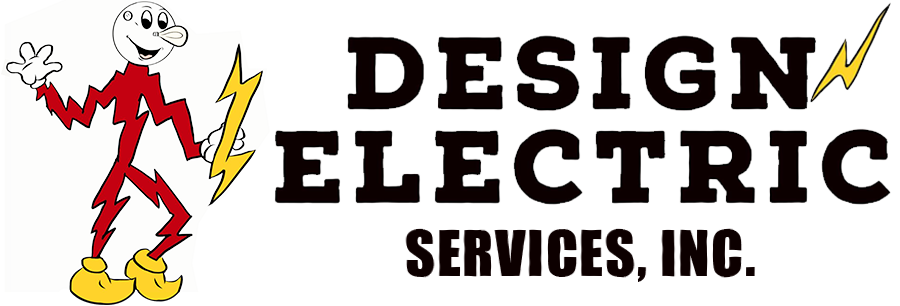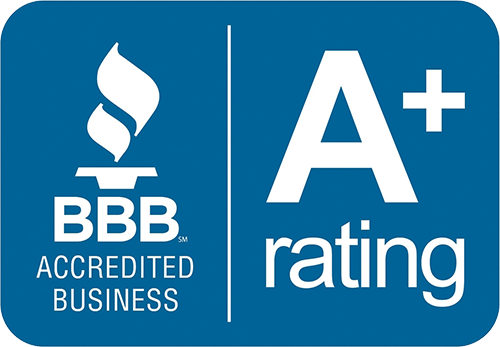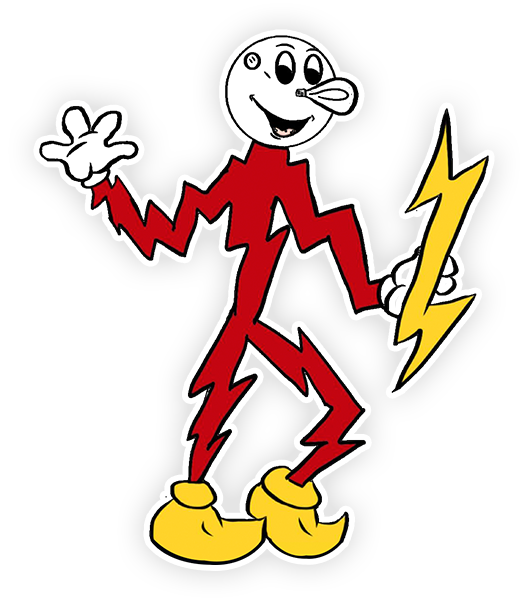The U.S. Fire Administration recommends that consumers have a professional electrician install a circuit that is specifically designed to charge electric vehicles. There are hazards involved in charging an EV on a normal home circuit. Avoid electrical hazards by ensuring that the EV is only charged on an electrical circuit designed for this purpose.
To safely charge an EV at home, always follow the guidelines of the manufacturer. Additional information can be obtained from a qualified local dealer. Planning to buy an EV requires you to have a charging plan, so the first step is to become informed about the potential hazards involved.
Potential Charging Risks
There are serious risks that you might face when charging an electric vehicle. This includes things like overloading a home circuit, which might cause an electrical fire. Circuit overload can also happen if the EV’s charger is drawing more power than the system can handle. A certified electrician should be the one to install a dedicated circuit and outlet that is properly configured to handle EV charging systems. This system should be regularly inspected to ensure that enough ventilation is present.
Procedure for Charging an EV Correctly
To charge the EV safely, make sure to follow the best practices in this field. For example, you should only buy a charging device that is properly certified for this purpose and only allow a certified electrician to install the charging unit. Plug the EV charger exclusively into an outlet that can accommodate the amperage. Avoid multi-plug adapters and extension cords. In addition, remember to keep all components of the charging device out of the reach of children. A few simple safety tips can keep your charging system safe from fire hazards and prevent electrical shock. Follow them, and consult your certified electrician for more information.
Make sure to read and follow the recommended manufacturer’s guidelines for maintenance of your charging equipment. Check for signs of wear and degradation, which indicate an electrical hazard. Avoid using the EV charger if these signs are present. You should also keep the EV charging station and outlet covered to prevent water damage. Always follow the manufacturer’s guidelines regarding charging your EV in wet conditions.
Professional EV Electricians
Employ a certified electrician to install and maintain your EV charging system. This professional will ensure that the wiring is installed properly, which is essential for avoiding circuit failures, overloads, and electrical fires. This is the best way to ensure compliance with regulatory standards while minimizing risks. To get your EV charger installation in Flint, MI done correctly, contact our experts at Design Electric.







